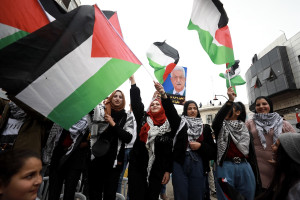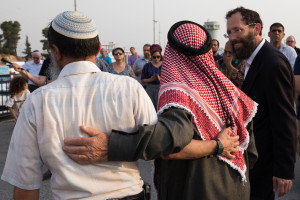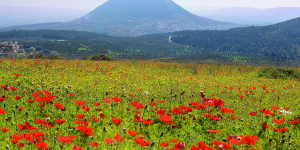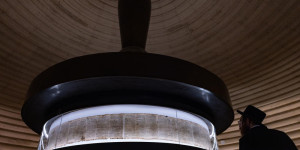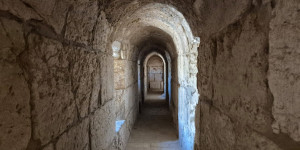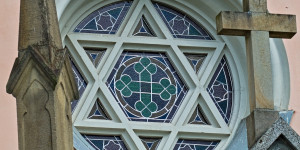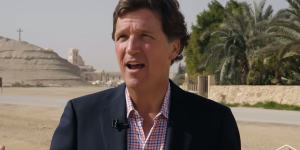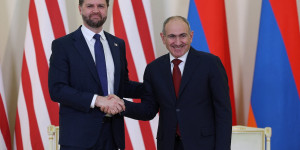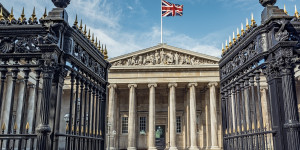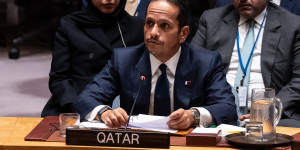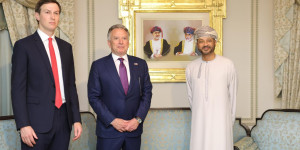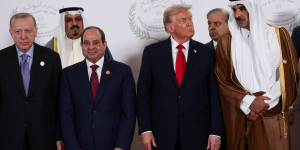From dream to deadlock: The Palestinian statehood crisis between broken systems and betraying symbols
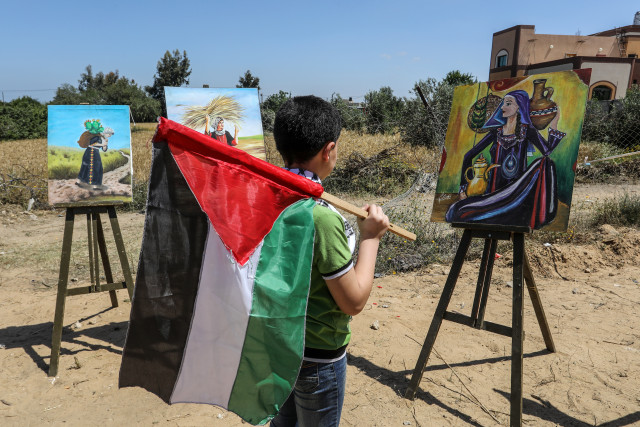
Since the Nakba of 1948, the Palestinian people have lived a continuous struggle between the dream of establishing an independent state and the harsh reality of occupation and internal fragmentation. Over decades of resistance, Palestinians have failed to translate their aspirations into strong institutions and a clear political vision. Instead, the cause has been managed through slogans and leaders with great symbolic weight but lacking real strategic frameworks. In this article, we examine the internal reasons behind this deadlock, which are as significant as the external occupation. We seek to understand where and how hopes for a state shattered, and how a new beginning toward the future might be possible.
The First Political Choice: A Missed Chance for Coexistence or Resistance?
At the onset of the conflict, Palestinians and Arabs faced a decisive strategic choice: either respond to the new reality imposed by settlement and increasing Jewish immigration by seeking a shared political model based on coexistence, or reject this reality entirely and resort to total expulsion and armed conflict. Unfortunately, the latter option prevailed, rooted in a firm belief that all of Palestine belonged exclusively to Arabs.
This position was not only moral or popular but often lacked real strategic preparation. Palestinian leadership at the time was militarily and diplomatically unprepared, contributing to the defeat of 1948 and the resulting Nakba. It’s important to note that the Nakba was not just the outcome of rising Israeli strength but also a consequence of a fragmented and uncoordinated Arab and Palestinian political system without unified leadership or resilient institutions.
A Project Without Foundations: The Absence of Unity and Institutions
Throughout the first half of the 20th century, Palestinian political discourse was broad and fragmented, reflecting the dominant family, clan, and class divisions. There was no unified leadership or institutions based on competence and law, but rather personal and familial loyalties controlling the scene. Some national intellectuals emerged, like Khalil al-Sakakini and Awni Abd al-Hadi, who attempted to build a modern political discourse, yet they failed to mobilize broad public support beyond elite circles.
In this context, the Palestinian national project relied heavily on pan-Arab slogans but never developed a genuine governance or state-building alternative. The political reaction was often improvised and lacking long-term strategy.
The Palestine Liberation Organization: From Ambition to Stagnation
The Palestine Liberation Organization (PLO) was founded in 1964 with clear goals: complete liberation of Palestine, representation of all Palestinian factions within one organization, and work toward a secular, democratic state. Over time, especially after the 1974 Ten-Point Program, political compromises began to erode these original aims, implicitly accepting the possibility of a state on part of the land.
The organization transformed from a dynamic revolutionary movement into a rigid bureaucracy controlled by long-standing leaders who relied on “historical legitimacy” rather than institutional reform. The spirit of revolution and renewal faded, replaced by diplomatic strategy and institutional inertia.
Oslo Accords: A State Under Occupation
The 1993 Oslo Accords marked a turning point in the Israeli-Palestinian conflict, establishing limited Palestinian self-rule in parts of the West Bank and Gaza. However, these agreements failed to translate into a sovereign state or an effective governing authority.
The Palestinian Authority (PA) was established based on factional and tribal loyalties, spawning a new class of "authority entrepreneurs" who benefited from international aid as a personal resource, while poverty and unemployment increased among ordinary Palestinians. The PA became more of an internal manager for the occupation than a genuine resistance actor.
A political elite emerged that prioritized self-preservation over public service, suppressing dissent and contributing to the fragmentation of national unity and increasing popular frustration.
Hamas in Gaza: Religious Resistance Meets Reality
Hamas emerged during the First Intifada as an Islamic alternative to the PLO, rejecting Oslo and committing to armed resistance based on Islamic principles. Initially, it represented hope for a different path grounded in moral and religious values.
However, after taking control of Gaza in 2007, the contradictions between its revolutionary rhetoric and governance practices became clear. Hamas ruled with a strict security apparatus, restricted freedoms, and oversaw a struggling economy under siege. Like the PA in the West Bank, it produced a new elite class that sought to maintain power amid crisis.
Symbols: Obstacles to State-Building
One fundamental problem in Palestinian politics is the deep attachment to symbolic figures representing hope or national memory, which ironically delay the construction of strong institutions.
Yasser Arafat, regarded as a liberation hero, ruled personally, relying on loyalty networks rather than transparent and lawful institutions.
Ahmed Yassin, founder of Hamas, promoted a religious-nationalist vision excluding pluralism and democratic governance.
Ahmed Sa’adat, leader of the Popular Front for the Liberation of Palestine, remains ideologically frozen, offering militant slogans without clear governance or development plans.
As a result, these figures have been symbols more than builders of institutions, perpetuating a political stalemate and blocking renewal.
Occupation and the Management of Vacuum
While Israeli occupation is inherently repressive and expansionist, what allowed it to consolidate power was Palestinian internal fragmentation. Instead of unified leadership confronting the occupation, Palestinian factions competed, suppressed dissent, and failed to hold their leaders accountable.
Thus, the occupation was not merely the product of Israeli strength but also of Palestinian leadership’s failure to unify and strategize effectively.
Internal Transformation: Christ as the Foundation for Building a New Society
The true transformation needed by Palestinian society begins with accepting Christ as Lord and Savior, for He alone can profoundly change hearts. Christ teaches us a love that transcends all barriers, bringing a radical inner change that enables Palestinians to love even their enemies, including the Jewish people, and to pray for them. This is the true peace that does not come from political strategies or agreements alone, but from a genuine spiritual transformation.
Imagine what would happen if Palestinians truly believed in and accepted Christ in their hearts. Hearts filled with pain and bitterness would be transformed into hearts beating with love and forgiveness. The walls of hatred would crumble, and seeds of true peace would be sown—peace that goes beyond all divisions. Palestinians would become advocates of reconciliation and harmony, and their society would rise on the values of mercy, justice, and forgiveness, breaking free from the bonds of division, corruption, and stagnation.
Accepting Christ is not merely a religious step but the foundation for building a new society where institutions and policies are rooted in Christian love. This faith is the power capable of renewing the entire nation and changing the course of Palestinian history toward a future filled with hope and peace.
True transformation goes beyond individual hearts; it extends to how Palestinians relate to one another as a people and community. In accepting Christ, not only as a spiritual symbol but as a transformative power in their daily lives, a new model of leadership emerges—one based on humility, transparency, and service rather than personal loyalties or self-interest. The Gospel teaches us to love even those who differ from us, and to build institutions rooted in love, justice, and accountability.
This transformation leads to a cultural revolution that reshapes attitudes toward self and other, planting new values across all social institutions—from politics and economy to justice. When honesty, love, and mercy become the foundation of public life, corruption and self-serving practices diminish, creating an environment that serves the common good. Only then can Palestinians begin to envision a renewed society—not just a state, but a community alive with hope, peace, and genuine justice.
An Alternative Vision: A Single Democratic State
With the two-state solution increasingly out of reach, some Palestinian and Arab thinkers advocate for a new model: one democratic state for all inhabitants based on equal citizenship, rejecting ethnic or religious privilege.
This civil state is not the end of resistance but the foundation for a just political order guaranteeing rights and opportunities, breaking the cycle of division and tension.
Achieving this requires an internal revolution that uproots entrenched corruption and symbolic leadership, replacing them with a participatory, transparent political culture.
Conclusion
True liberation begins with self-liberation. There can be no state or freedom without building real institutions, not empty slogans or exceptional individuals. Palestinians need courageous leadership willing to leave behind the past and adopt a future vision based on citizenship and justice.
Without this internal transformation, Palestinians will remain prisoners of symbols and illusions, and the dream of statehood will continue to be a persistent deadlock.
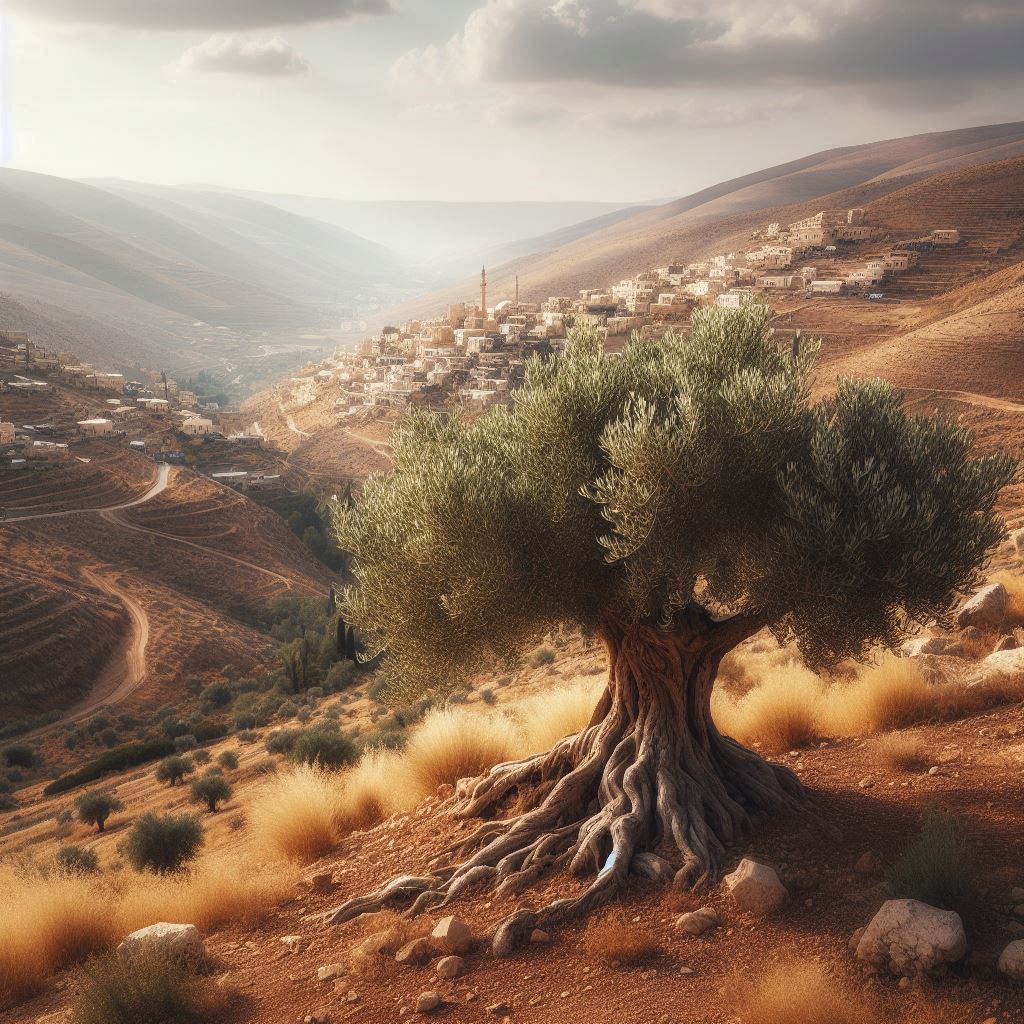
Abdel-massih (Servant of the Messiah) grew up in the West Bank in a Muslim family before finding Jesus and becoming a disciple. He has been a follower of Jesus for several years.
Abdel-massih is not his real name, as revealing his identity at this time would be dangerous to himself and his family.
You might also like to read this:


